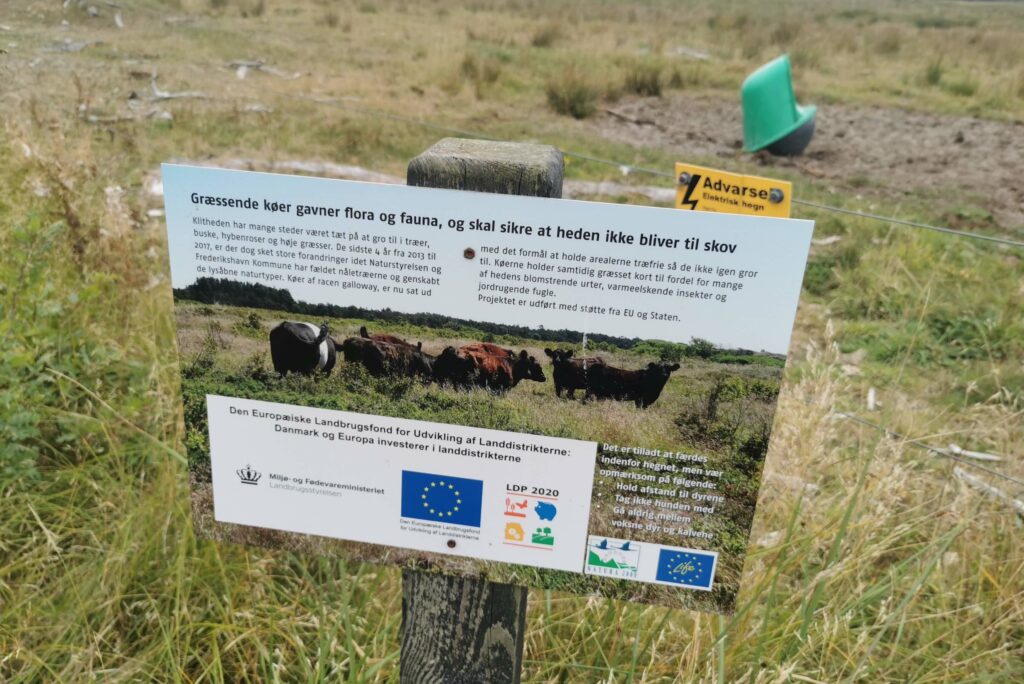
Politics and power relationships are integral to the way humans organise themselves, including how access to land is experienced, shared and contested. Therefore, the political dimensions of landscape are critical to research and policy advice addressing landscape management processes.
It is increasingly recognised within landscape research that in recent decades, inadequate attention has been given to the topic of landscape politics within modern western societies. Where discussions on landscape politics have taken place, it has often been equated with democracy, and landscapes themselves has been treated as a political backdrop to democratic processes. Within research dealing with landscapes in the context of spatial planning, regional development and land use transitions, this has been particularly clear. As a consequence, political organisation and institutional transformations in western landscapes have become increasingly understudied.
Within the lab we address this research gap by way of critical analysis of political processes within landscapes. We draw inspiration from a range of disciplines where such perspectives are more comprehensively developed than within landscape research itself, including social geography, cultural geography, political theory, environmental management and political ecology. Our aim with this is to advance current interdisciplinary conceptualisations of power in land use processes and outline the contours of a new agenda for research on landscape politics.
Recent projects have emphasized land use reform processes, path dependency, continuity and change resistance in longitudinal case studies of political land transformations.
Researchers:
Image credits: xxxxx, xxxx, xxxxxx
0 0
